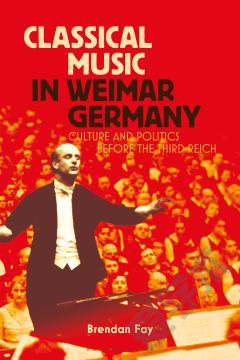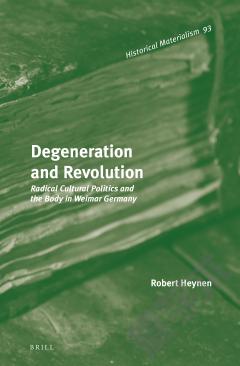Zensur Und Kultur —— Zwischen Weimarer Klassik und Weimarer Republik mit einem Ausblick bis heute
----- 审查与文化
An international team of literary and social historians investigate here diverse forms of formal and informal censorship practices. In this context censorship designates a complex and tension-filled relationship between the spirit of innovation and the conservative forces of the status quo. Culture connotes not just the production of texts for the book trade and the theatre, but any kind of sanctioned attempt to control public opinion. The chronological framework is designed to highlight the culturally and politically eventful years between Weimar Classicism and Weimar Republic (1787-1933) which saw the evolution of a pan-German cultural identity. Two concluding essays on the American reception of the Nazi book burning of May 10, 1933, and censorship practices of the Cultural Ministry of the former GDR round out the historical picture, demonstrating the continuity of control mechanisms.
{{comment.content}}








 京公网安备 11010802027623号
京公网安备 11010802027623号